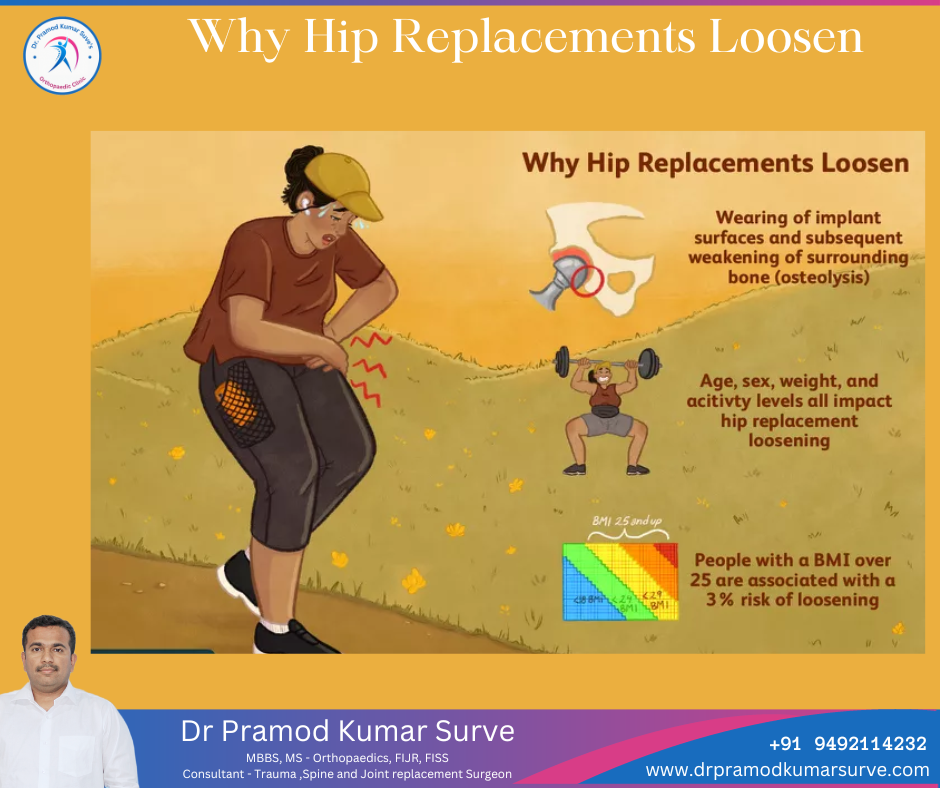Hip Replacement Overview
Hip replacement surgery is among the most common orthopedic procedures and is performed more than 300,000 times in the United States every year.1 It has a proven track record for safety and for improving the quality of life and life expectancy in those with the functional loss of mobility.
One of the key concerns about hip replacement surgery is the loosening of the hip prosthetic. It is a normal consequence of implant surgery, sometimes requiring revisiSon surgery to correct the problem.
Unfortunately, the revision process is often less successful than the first surgery. Of equal concern is the risk of infection or breakage of the implant when joint loosening occurs, both of which can lead to potentially severe and, in some cases, life-threatening complications.
Life Span of Hip Prosthetics
Most hip replacements last an average of 20 to 25 years. Some implants last longer, while others fail much sooner. Occasionally, the implant will fail immediately after surgery, but, in other cases, an implanted joint may last for 30 or more years with no problems whatsoever.
Decades ago, when joint replacement surgery was considered new, there were different factors that determined how long a hip implant would last. Some of the earliest implants failed because the metals were susceptible to breakage or the plastics quickly shattered.
Due to improvements in the strength of hip prosthetics and fixation techniques, current implants tend to hold up well once implanted. Furthermore, with improvements in sterile surgical protocols and infection control, serious complications of joint prosthesis infection have also been reduced.
Why Hip Replacements Loosen
When a hip replacement is placed in the body, it is either pressed or cemented into place so that it fits tightly into the pelvis and the bone of the thigh (femurm). Although the implant may be stable at first, it can sometimes loosen over time. This is typically a gradual process that increasingly impedes the normal function of the prosthesis.
There are several factors that may contribute to hip replacement loosening, including a person’s age, sex, weight, and activity levels. A study published in the Journal of Orthopedic Surgery concluded that hip replacements are less likely to loosen in the following groups:
- Women: A women’s anatomical differences, including the angle of the hip bones, tend to place less stress on an artificial joint. Differences in physical activity between the sexes may influence failure rates.
- People over 60: The risk of a loosening hip implant decreases with each advancing year, most likely due to decreased activity levels.
- People with obesity: Persons with a body mass index (BMI) under 25 are more likely to maintain joint implant integrity. With each BMI unit over 25, the risk of loosening increases by 3%.5.
Beyond these risk factors, the most common cause of joint replacement loosening is the wearing of the implant surfaces and the subsequent weakening of the surrounding bone. This is known as osteolysism.
